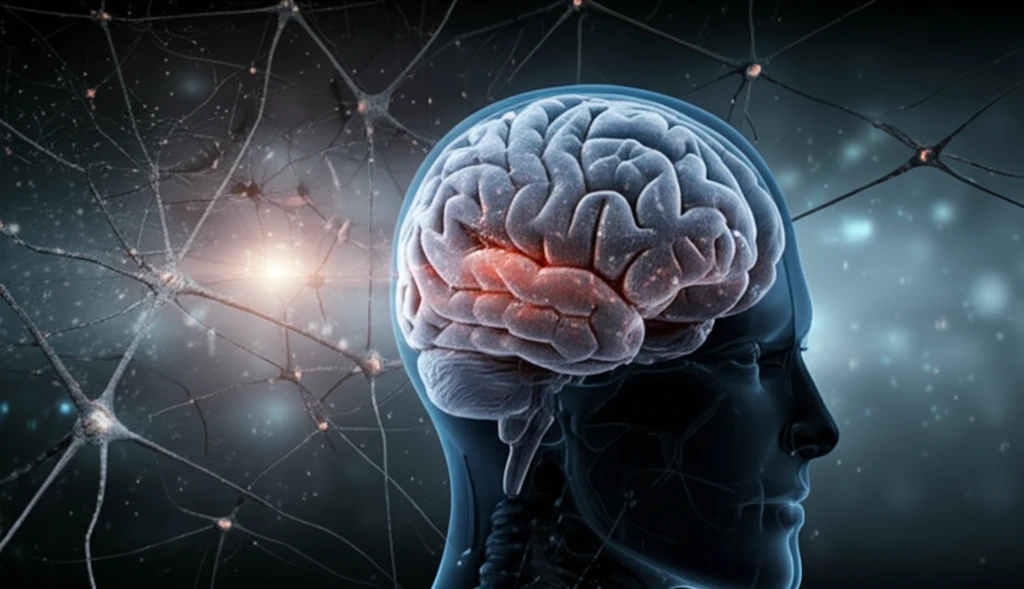
Anxiety Under Pressure: Unlocking the Social Secrets in Your Brain
"Could social context be the missing piece in understanding and managing anxiety? Discover how your relationships might be affecting your brain's response to fear."
Anxiety is a universal human experience, but its triggers and intensity vary wildly from person to person. While genetics and personal history play significant roles, emerging research suggests that our social environment might be a crucial, yet often overlooked, factor. Imagine a scenario: you're about to give a presentation. The thought alone sends shivers down your spine, but what if you knew that having a supportive friend in the audience could actually change how your brain reacts to that stress?
A groundbreaking study published in Behavioral Brain Research sheds light on this very connection, exploring how social context influences anxiety responses at a cellular level. This isn't just about feeling a bit more comfortable with friends around; it's about understanding how social dynamics literally reshape the brain's response to fear and anxiety.
This article dives into the fascinating world of social anxiety research, unpacking the key findings of this study and exploring the implications for how we understand and manage anxiety in our daily lives. Get ready to rethink your social connections and their powerful impact on your mental well-being.
The Socially Anxious Brain: What the Rats Reveal

To explore the link between social settings and anxiety, researchers conducted a series of experiments using rats. Female rats were exposed to electrical foot shocks in different social environments to observe brain mast cells and anxiety-like behaviours. These groups were control (unshocked) rats, solitarily shock-exposed rats, and shock-exposed rats in the presence of unshocked or shocked conspecifics.
- Control (unshocked) rats
- Solitarily shock-exposed rats
- Shock-exposed rats in the presence of unshocked (unequal) conspecifics
- Shock-exposed rats in the presence of shocked (equal) conspecifics
Beyond the Lab: Social Connections as a Mental Health Tool
The findings of this study emphasize the profound impact of social dynamics on our brain's response to anxiety. By identifying the habenular mast cells as key players in this process, researchers have opened new avenues for developing targeted therapies that address the root causes of social anxiety. This research has the potential to lead to new strategies of managing stress and building resilience in the face of social pressures. It reinforces the idea that nurturing healthy, equitable relationships and addressing social inequalities are vital components of overall mental well-being, offering a hopeful perspective on the future of anxiety treatment.
